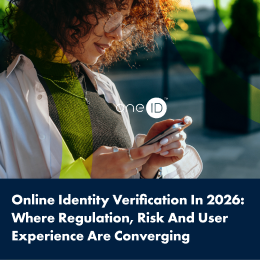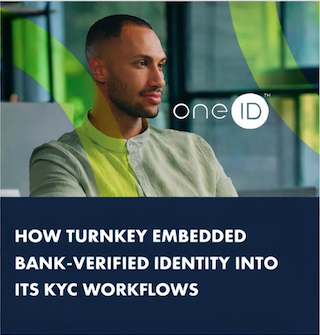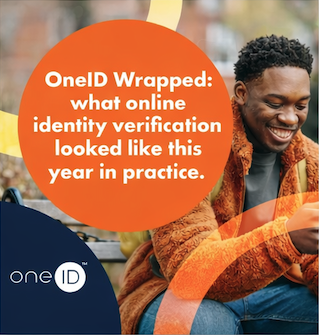The Payment System Regulator's (PSR) new reimbursement requirement will apply to all banks and payment companies that use the Faster Payments System, whether as sending or receiving payment organisations.
As per the new rules, which will come into force in 2024, firms will have to:
The key focus of these new requirements from PSR is to increase protections within Faster Payments, as 97% of Authorised Push Payment (APP) fraud occurs in the Faster Payments System.
The new reimbursement requirement will give banks and payment companies a strong reason to innovate and develop new tools for effective, data-driven interventions to change customer behaviour, for example, adopting a risk-based approach to payments.
Firms can then make better decisions on when to intervene, hold or stop a payment to protect themselves and their customers from payment fraud.
APP fraud cost UK customers and banks £485 million in 2022, with banks refunding £285 million (59%) to their customers under a voluntary industry code (and customers, therefore, losing £200 million).
Cost to the industry if PSR's new regulations were applied in 2022
| Customer cost | Industry cost | Sending bank cost | Receiving bank cost | |
| Actual costs | £200m (41%) | £285m | £285m (59%) | £0 |
| Costs with new rules | £9.7m (2%) | £475m (66%) | 238m (49%) | £238m (49%) |
If the rules were applied to 2022 APP fraud, costs to the industry would be 66% higher (£475 million vs. £285 million), mostly borne by receiving banks, who would pay a new £238 million cost.
The rising cost of APP fraud is being highlighted as a critical risk to bank balance sheets. Adopting better digital identity verification tools will help mitigate this business risk.
Click here to download the full report as a PDF.

Agentic commerce is already operating inside live retail, payments, and platform environments. For Partn...

Online identity verification entered a new phase in 2025. Across adult platforms, gambling, financial se...

Last month, we joined Turnkey for an industry event to talk about a challenge many regulated platforms a...

2025 has been a year of continued growth and real-world proof for OneID®. As expectations for identity a...